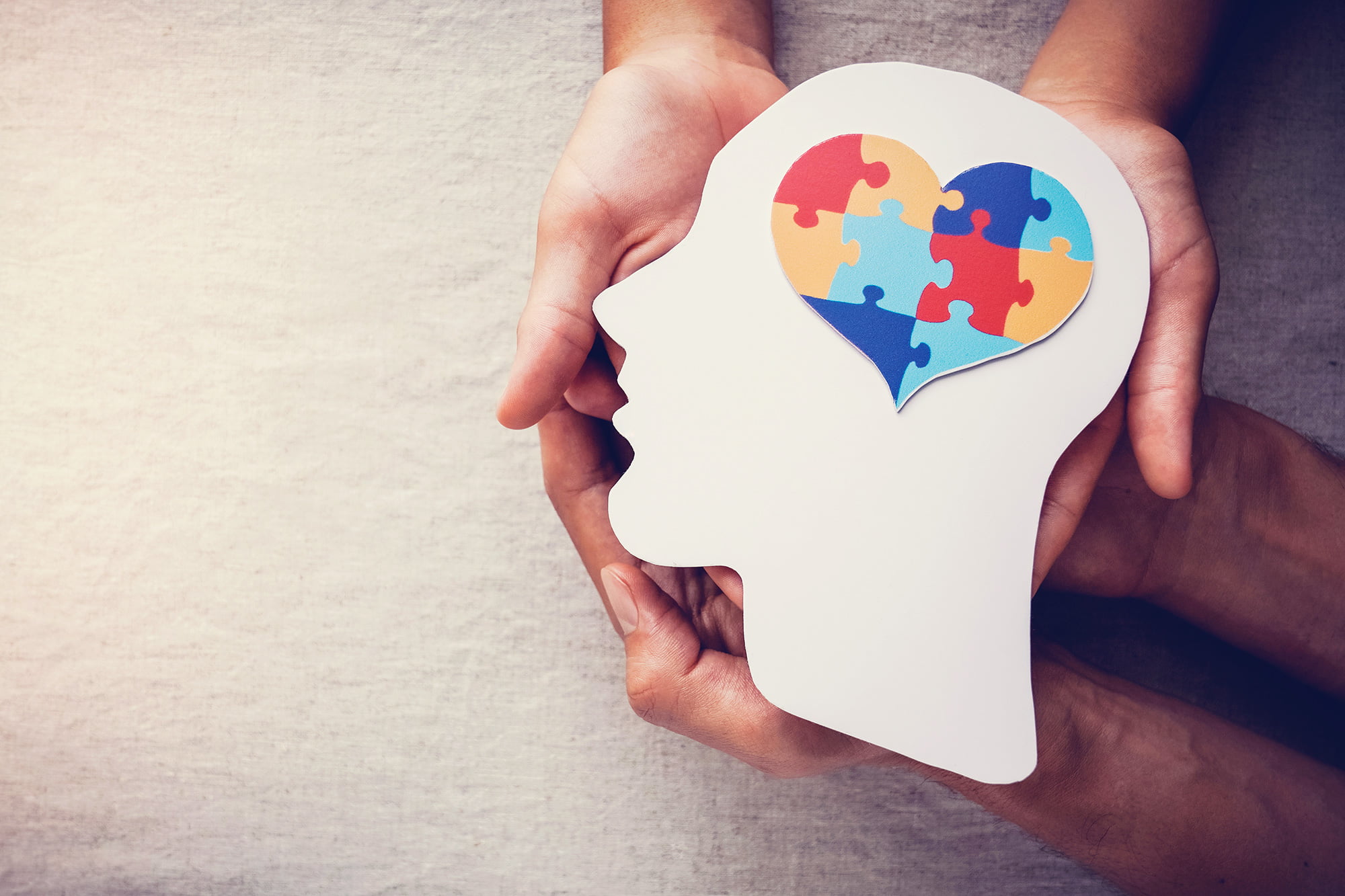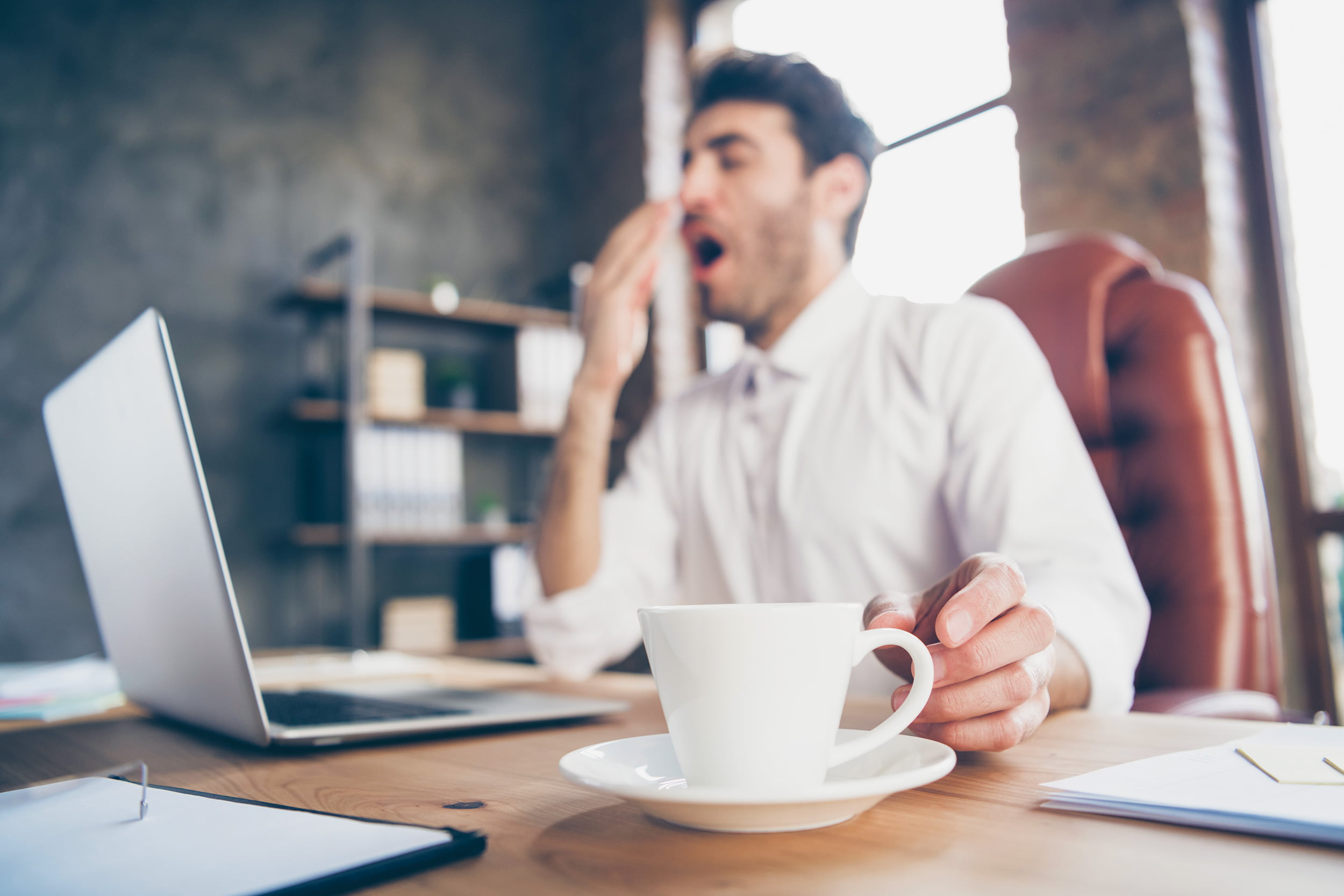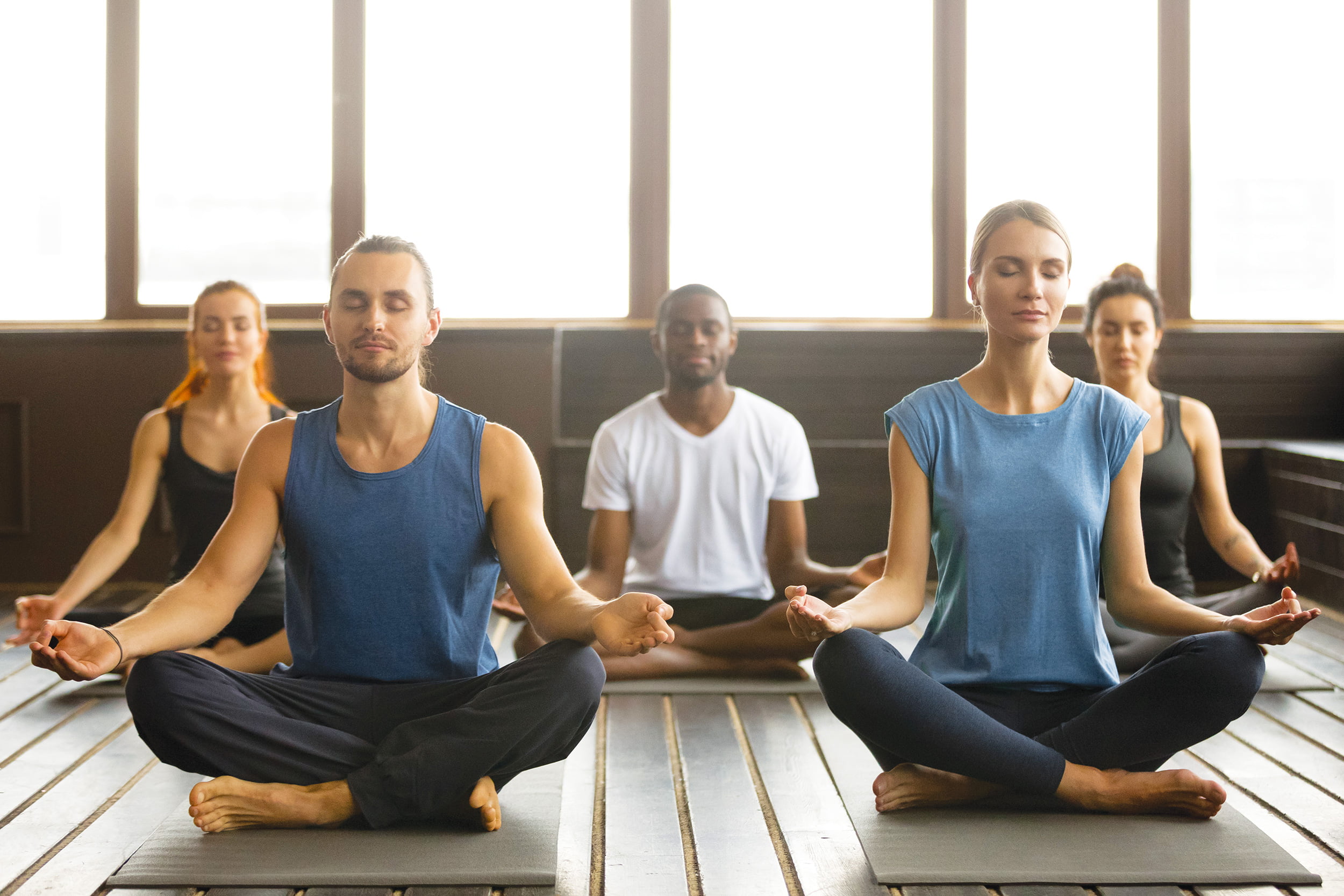Why has the pandemic impacted our sleep so much?
Insomnia, difficulty with sleep onset and/or sleep maintenance is common and affects many of us at some point in our lifetime. With the COVID-19 pandemic part of our daily lives now, it comes as no surprise that there’s been a significant surge in sleep issues, impacting many of us physically and emotionally.
For some, this is due to the changes in routines and major disruptions to daily life. With ever-changing restrictions, lockdowns, school closures and working from home, it’s easy to have blurred boundaries between work and home. We lose track of time and our wake, nap and sleep times are altered. We are going out less, so there is decreased exposure to sunlight, less exercise and more screen time. All this can lead to a disruption in our normal circadian rhythm and healthy sleep behaviours.
For others, significant stress, anxiety and worries have become evident with the uncertainties around COVID-19. Fears about our health and the future, stress with employment and finances, social isolation and increased pressure with family obligations can make it impossible to get a good night’s sleep. It’s easy to extrapolate that rates of depression and anxiety have also skyrocketed during these unprecedented times.
 What are the health implications of not enough sleep?
What are the health implications of not enough sleep?
While everyone’s sleep needs may be slightly different, around 7 to 9 hours of good quality sleep daily is recommended for an adult. Poor sleep can cause a decline in cognitive function, including reduced concentration and memory. It can also have a negative impact on mood and emotional regulation that can manifest as anxiety, depression, and other mood disorders. Mental health wellbeing and sleep can co-exist and impact each other and this in turn can cause a vicious cycle if not addressed early.
Persistent poor sleep can also affect our physical health. We require sleep for recovery and immune function. Studies have also shown a possible link between insomnia and increased cardiovascular risk, including high blood pressure and heart disease, due to an increase in sympathetic nervous system activation, as well as an increased risk of diabetes and metabolic disorders.
 When should we worry about losing sleep and waking in the night?
When should we worry about losing sleep and waking in the night?
It is normal to have lighter and deeper sleep across the night and very brief awakenings. However, if you are having ongoing problems with getting to sleep or maintaining sleep, which is affecting your everyday function, it’s best to seek professional health advice. It is also important to talk to your doctor about excluding other underlying causes. These may require further assessment and may present as:
- Persistent low mood and anxiety
- Severe snoring, daytime sleepiness, morning headaches and restlessness in bed, which may be due to sleep apnoea or restless leg syndrome
- Chronic pain, shortness of breath, sinus issues, symptoms of menopause that may be contributing to poor sleep
- Increasing reliance on alcohol or over the counter and prescription medications
What are some therapies for sleep?
There are many things you can try first, before going down the medication route. They include establishing good sleep habits and helpful behaviours. Studies have shown these to be more effective long-term than medication for chronic insomnia.

1. Practicing good sleep hygiene and healthy lifestyle tips:
- Maintain a consistent bed and wake time every day.
- Avoid screen time before bed and cut back on news and social media. Limit news to a few reputable sources only.
- Avoid stressful ruminations before or at bedtime. Allocate time earlier in the day to reflect and address worries.
- Unwind 1-2 hours before going to bed. Do something relaxing, like reading or meditation and mindfulness, which has been shown to lower stress hormones, and decrease tension.
- Avoid lying in bed worrying about sleep. If you’re unable to sleep after 20 minutes, get up and do something relaxing, then return to bed later.
- Increase light exposure during the day and keep the bedroom dark when sleeping.
- Avoid heavy meals in the evening and aim for a balanced diet with less sugars and fats. Minimise caffeine and alcohol intake.
- Undertake regular daily exercise, but avoid vigorous physical activity within three hours of bedtime.
2. Cognitive behavioural therapy (CBT-I):
CBT-I is evidence-based and recommended as first line therapy. This can be undertaken online or with a trained psychologist. It consists of structured sessions that focus on removing unhelpful beliefs about sleep and changing behaviours to aid sleep, stimulus control and progressive muscular relaxation.
3. Natural herbal supplements:
Valerian, chamomile, passionflower, hops and kava preparations have been used as sleep aids for insomnia, however there has been very limited evidence on their overall effectiveness. Although these appear to be generally well tolerated, some can have side effects and may affect the liver. Herbal preparations may also interact with existing medications, so it’s best to seek advice from your GP before considering any of these options.
 Medications for sleep
Medications for sleep
Sometimes first line CBT-I and sleep hygiene may not be enough and short-term medication may be used in conjunction. It is important to discuss these with your doctor to weigh up the benefits and risks.
Melatonin is viewed as one of the more “natural” options. It’s a hormone that is normally produced by the pineal gland in the brain and plays a role in improving sleep onset and regulating the body’s internal clock of sleep and wakefulness. Hypnotics such as benzodiazepines and the z-drugs are also other options. They are recommended only for short durations due to their risk of dependence, daytime drowsiness, cognitive impairment, and insomnia on cessation.
If also treating a co-existing or underlying cause for insomnia, sedating antihistamines, anti-depressants and anti-epileptics may also be used.
Apps for sleep
There are many accessible resources that can be found at your fingertips. Effective meditation and mindfulness apps include Headspace, Smiling Mind and Calm. For self-directed Cognitive Behavioural Therapy, CBT-i Coach is available as an app and Sleepio and This Way Up provide online courses that can done at any time of day.
Useful websites:
- sleephealthfoundation.org.au
- sleepio.com/cbt-for-insomnia
- thiswayup.org.au/courses/managing-insomnia-course
 Dr Catherine Phan is an Australian doctor who graduated from the University of New South Wales in 2007. She holds a Diploma in Child and Adolescent Health (USYD) as well as a Certificate in Sexual and Reproductive health from Family Planning Australia. Find her at IMC Jelita. imc-healthcare.com
Dr Catherine Phan is an Australian doctor who graduated from the University of New South Wales in 2007. She holds a Diploma in Child and Adolescent Health (USYD) as well as a Certificate in Sexual and Reproductive health from Family Planning Australia. Find her at IMC Jelita. imc-healthcare.com








